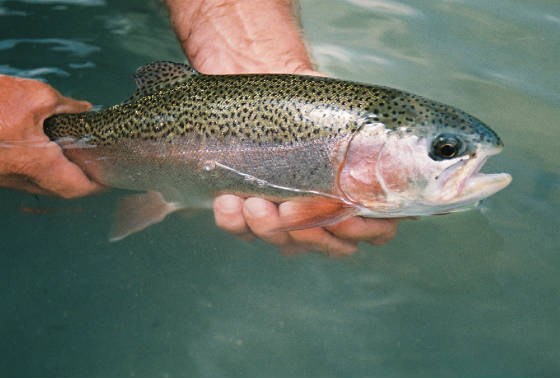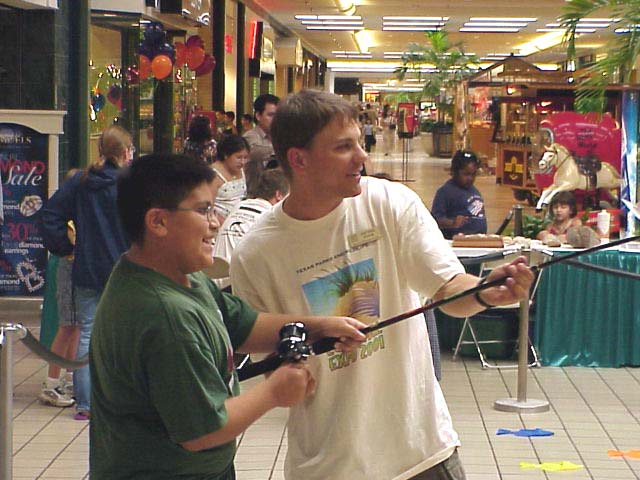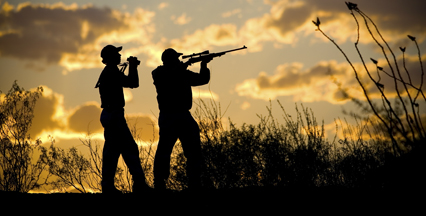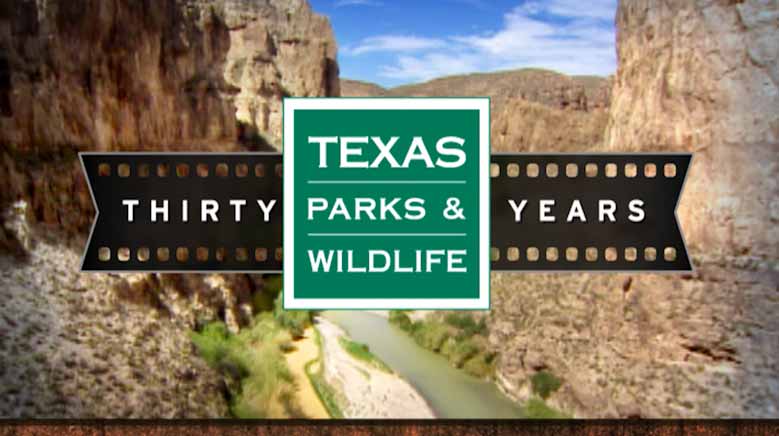Fishing Hall of Fame
Friday, December 25th, 2015This is Passport to Texas
Rainbow trout may not survive in all parts of Texas, but they flourish in the Guadalupe River below Canyon Dam. The water there is cold, which rainbows need to survive.
We’ve landed 27 and 28-inch rainbow trout out of this river, which is absolutely surreal. That’s a big fish for anywhere.
Chris Johnson is a River Guide. He talks about rainbows in a segment of the Texas Parks and Wildlife TV series on PBS, which airs next week. Mark Dillow, Chapter President of Guadalupe River Trout Unlimited, is in the segment, too.
We encourage Catch-and-Release to return the fish to the river so that this resource can continue; so that the efforts Guadalupe River Trout Unlimited are putting into making this a world-class fishery can continue. And other people can have an opportunity catch the fish that you caught.
In January 2015, Guadalupe River Trout Unlimited held its first youth trout camp where kids experienced fly fishing and river recreation on the Guadalupe River. And, Dakus Geeslin, Aquatic Scientist, at Texas Parks and Wildlife, says events like that create conservationists.
If these kids enjoy the river, they start caring about the river, and the next thing you know they’ll want to conserve and protect the river. What we saw was a conservation legacy being developed firsthand over that weekend of our trout camp.
Catch the segment on rainbow trout and Guadalupe River Trout Unlimited next week on the Texas Parks and Wildlife TV show on PBS. Check your local listings.
The Sport Fish restoration program supports our series.
For Texas Parks and Wildlife…I’m Cecilia Nasti.






 Passport to Texas is a
Passport to Texas is a  Passport to Texas is made available by:
Passport to Texas is made available by: